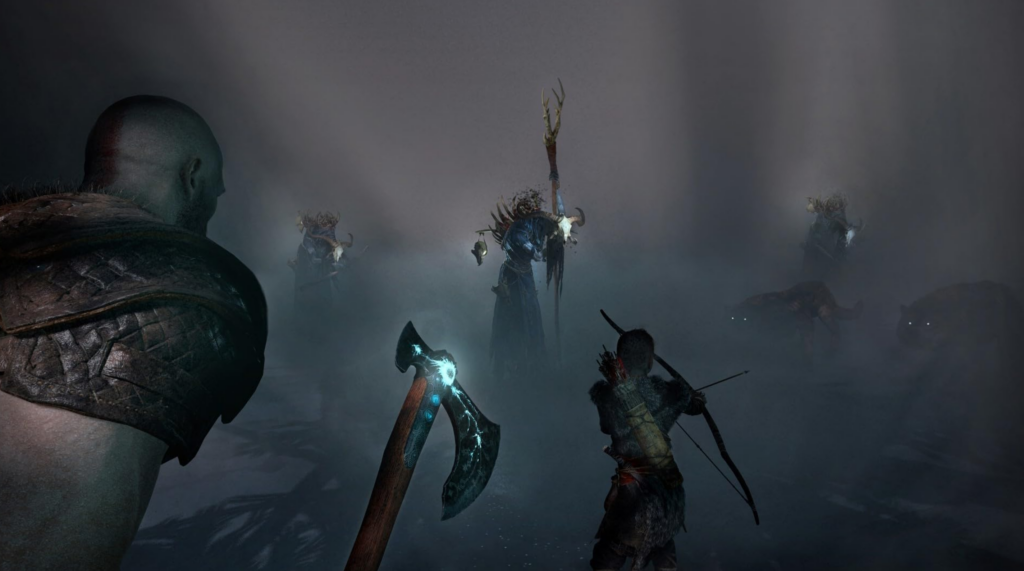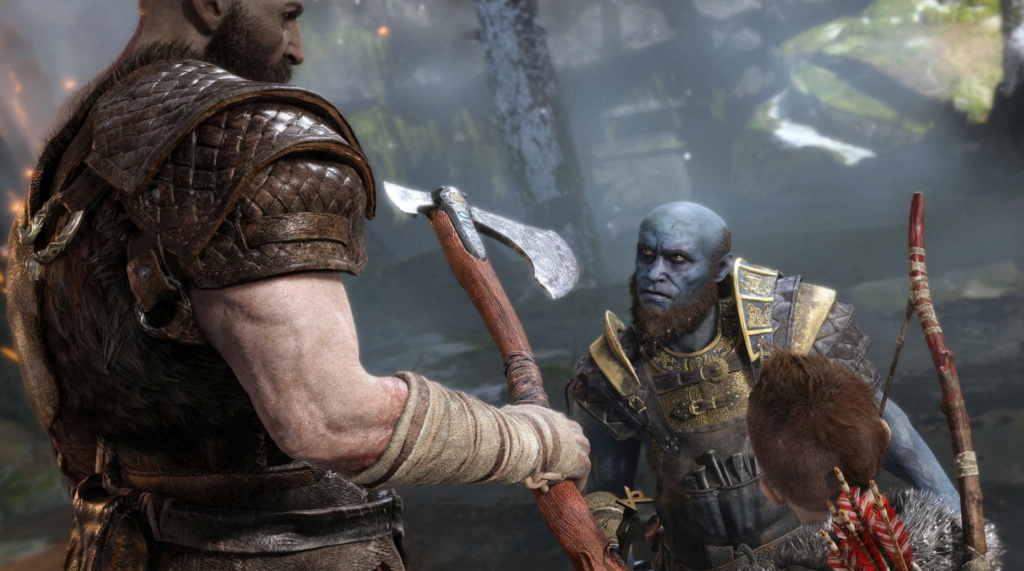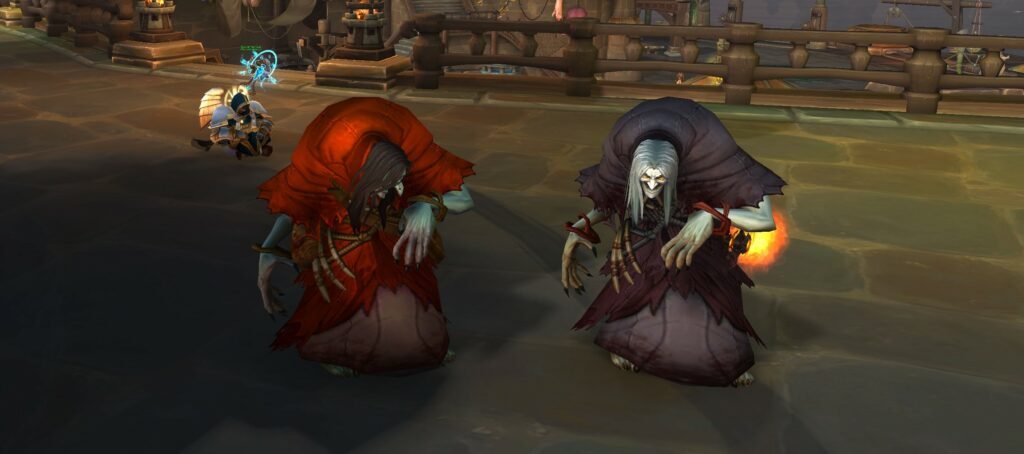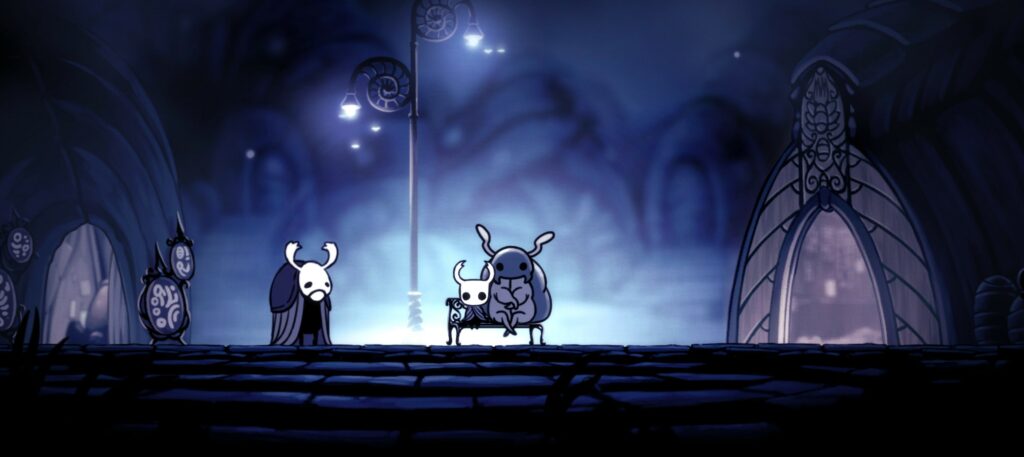I’ve been curious about the 2018 revival of the God of War series since, well, probably 2018! I say “revival” because it’s actually the fourth main entry to the series, and takes place in an entirely new world with a different pantheon of gods for Kratos to, uh, meet. Whereas the last three installments of God of War have pitted Kratos in a vengeance-fueled quest against the Greek Gods, the series made a fresh start in 2018 with Kratos travelling to the realm of Midgard inhabited by Norse Gods.

Diving into the fourth entry in a series without much prior knowledge of these games definitely left me a bit lost at first. Especially with a character like Kratos, who has a a rich backstory built up in the past games. I was still able to enjoy the game, though, and didn’t often feel like I was overly lost or confused. Plus, the game does a good job at explaining bits of past story that are relevant to this game. Since this game introduces the Norse pantheon, it felt like a new beginning to the series anyways.
This game focuses on the initially distant relationship between Kratos and his son Atreus, who are forced to spend more time together after Atreus’ mother dies at the very beginning of the game. Kratos’ home is nestled in a forest, which is magically warded so as not to alert the Norse Gods to Kratos’ presence. Of course, that doesn’t last and hilarity soon ensues. It’s a very touching tale that is in a lot of ways set in motion by Kratos’ late wife, who has requested that father and son travel to the largest peak in Midgard to scatter her ashes. Throughout the journey, Kratos and Atreus learn to trust each other while learning about themselves in the process.

I very much enjoyed this game and its colorful cast of characters. Being a fan of Greek mythology, I had a lot of fun filling in the large gaps in my knowledge of Norse mythology. There’s really only a couple major things I didn’t like about this game: the skill system, and intermittent weak points in Atreus’ character. I found the skill system to be overly complicated and varied for what is essentially a hack-and-slash action game, and I often forgot combinations to some of my more powerful attacks. This could also be a fault of player skill, however I think that the complexity here doesn’t match the genre. While I mostly enjoyed the relationship growth between Kratos and Atreus, there are sections of the game where Atreus swings between annoying and/or cruel to back to “normal” pretty rapidly. A gradual shift in Atreus becoming a bit more sure of himself as he learns from his father’s guidance – instead of a rollercoaster of emotion – would have been nice to see.


